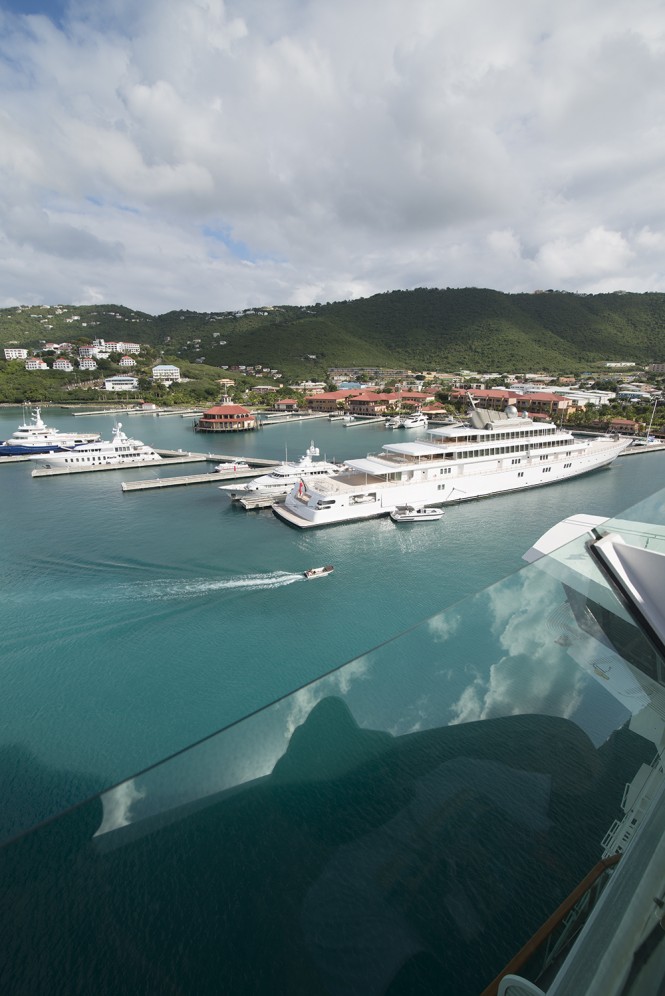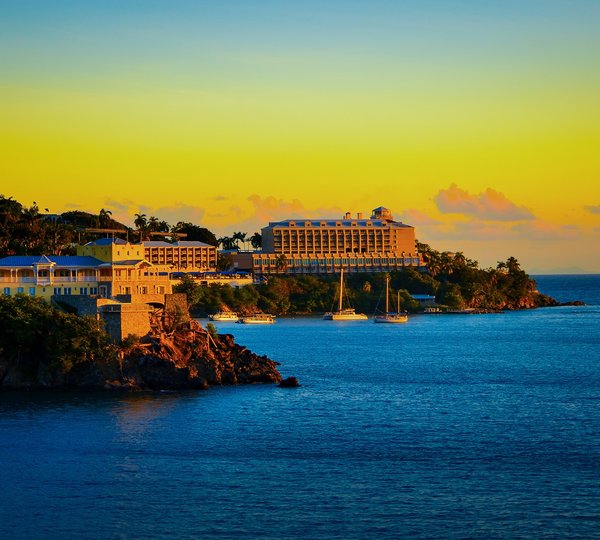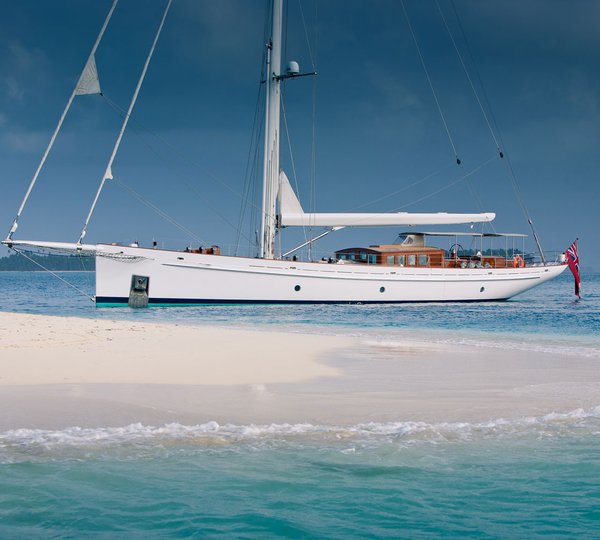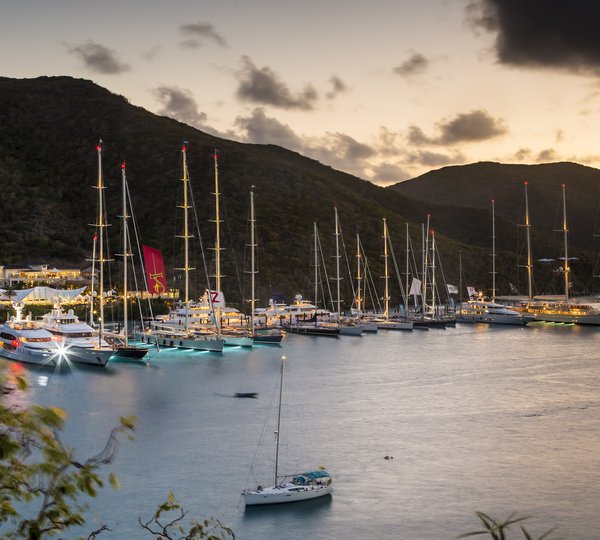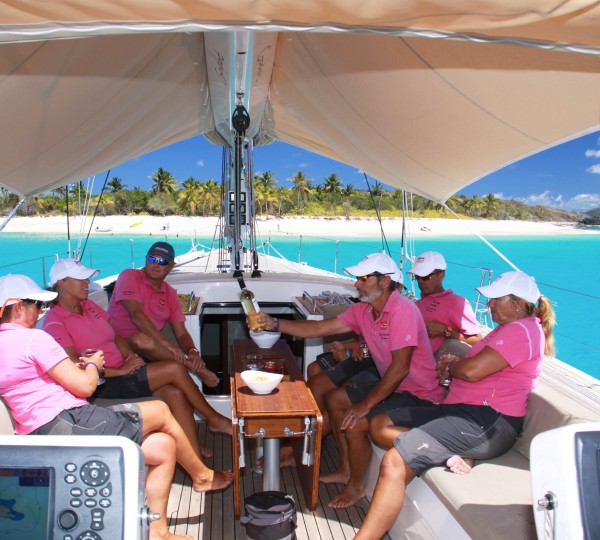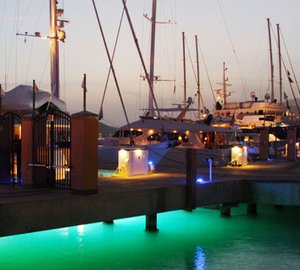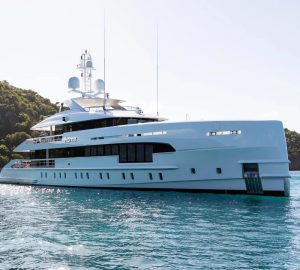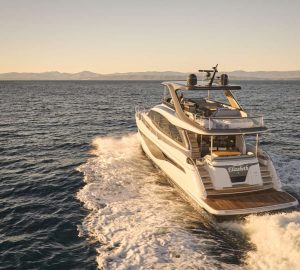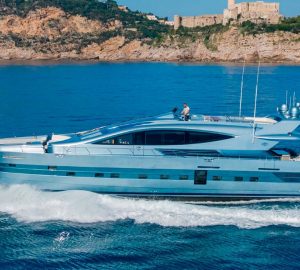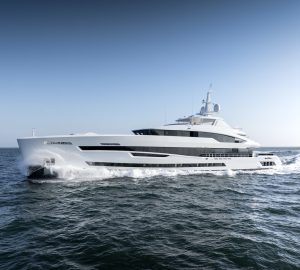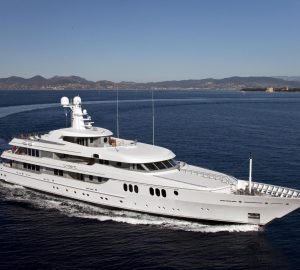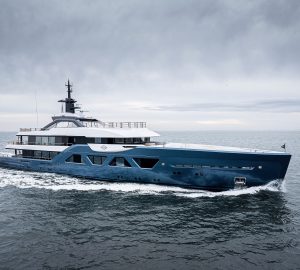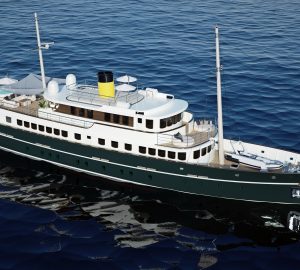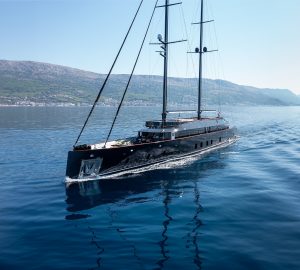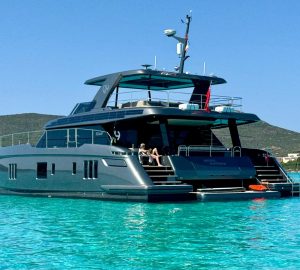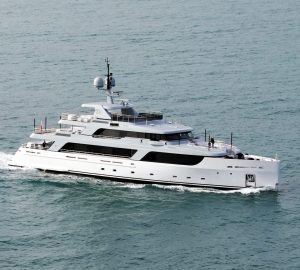The Virgin Islands Economic Development Authority is pleased to announce an important development concerning the proposed changes to their charter passenger law, that have great potential to positively affect the U.S. Virgin Islands yacht charter industry and economy. As announced by the Governor John P. de Jongh, Jr. last week, the 2014 Coast Guard Reauthorisation Act passed the full U.S. House of Representatives bringing the U.S. Virgin Islands territory in the Caribbean one step closer in its efforts to regain the yachting industry’s leadership mantle that was once a vibrant part of the local economy.
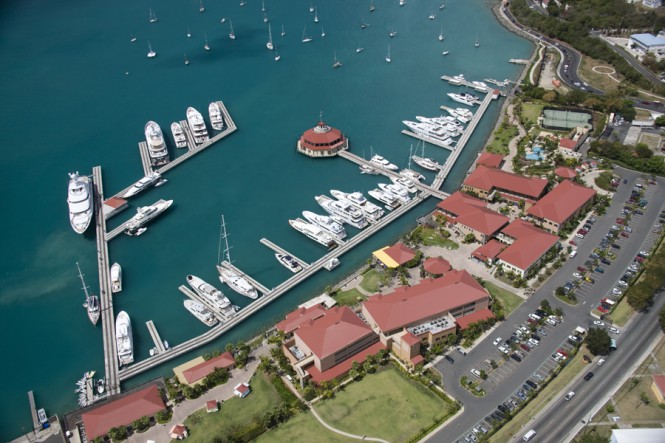
Yacht Haven Grande Marina in St Thomas - USVI - Photo courtesy of The Virgin Islands Economic Development Authority
De Jongh also stated, “There is no doubt that the initiative brought forward by our Marine Council to Congressman Bill Shuster, the Chairman of the House Transportation Committee, during his November 2013 infrastructure visit to the territory has resulted in this step towards equity for our charter industry and an economic boost for our maritime industries as a whole.” He said this has been a long outstanding issue that has put USVI at a competitive disadvantage to the rest of region and especially with a niche that is attracted to the natural resources and all that the US Virgin Islands have to offer. “This is the first of a number of actions we will initiate to let this market know that we are open for business and we want their business,” he added.
Currently, an uninspected vessel operating in the United States Virgin Islands is limited to six paying passengers. Established in 1993, this rule has been a detriment to US Virgin Islands marine economic development as the charter industry developed , with larger charter vessels and an increase in catamaran fleets now being the industry standard. This reduction in passengers for U.S. vessels and increased regulations were a primary reason the balance of the local charter yacht industry relocated to the British Virgin Islands.
In July of 2013, Governor John P. de Jongh Jr. convened the first meeting of the Virgin Islands Marine Economic Development Council to address revitalisation of the maritime industries. Council members represent all of the maritime industries including sports fishing, diving, marine manufacturers, and charter yachts to name a few. One of the first issues the Marine Council focused on was proposed relief to the existing charter passenger regulations.
The Council outlined the punitive effects and inequity in standards of the “Six Passenger Rule” compared to the neighbouring British Virgin standards and proposed a change, exclusive to the U.S.V.I., to Congressman Bill Shuster, Chairman of the U.S. House of Representatives Transportation and Infrastructure Committee. As a result, House Bill 4005 which allows for alternative compliance standards for USVI uninspected vessels that have completed BVI inspection standards passed the House of Representatives on April 1, 2014.
The Virgin Islands Economic Development Authority looks forward to a favourable reception as it makes its way to the Senate and once passed, will allow vessel owners and operators the ease of travel between the USVI and BVl’s and provide expanded benefits to all who call the U.S.V.I. their homeport. This regulatory relief will positively affect both the local charter fleet and the mega yacht industry.
While the majority of mega yachts are Coast Guard inspected, the major benefits to alternative safety standard would be the overall improvement to the marine support infrastructure in the USVI, resulting in the increased quantity of available electricians, diesel engine services, refrigeration services, sailmakers, ships stores, boatyard services and other professional marine services available to vessels relocating back into the territory.
There are many advantages to home porting in the Caribbean yacht charter destination, St. Thomas such as easy access for charter guests from direct flights from the United States, a broad selection of yacht provisions, easy access to fuel, and a cost savings on moorings and registration fees.
A significant Virgin Islands homeport advantage is International Mega Yacht Transports readily available at the St. Thomas Crown Bay Marine Terminal, complete with service agents and support staff for arrival and departures. In 2013, yacht carriers alone discharged and loaded nearly 300 yachts in partnership with well-known yacht carriers companies such as Sevenstar, Peters and May and Dockwise. It is expected that 2014 transports will surpass that number. Alongside the yacht carriers lies Subbase Drydock, providing drydock and crane services large enough to accommodate most mega yachts.
St. Thomas boasts the premier mega yacht facility in the Northern Caribbean in Yacht Haven Grande Marina, with 45 slips ranging in sizes up to 200’ in length, around the clock security and a full service fuel dock over 600’ in length. Yachts from around the world now frequent the beautiful U.S. Virgin Islands harbours from November to June.
The Virgin Islands Economic Development Authority and the local maritime industry professionals and businesses look forward to welcoming luxury yacht charterers to their beautiful islands, and are always striving to increase their appeal by providing the ultimate in guest hospitality and vessel support.

